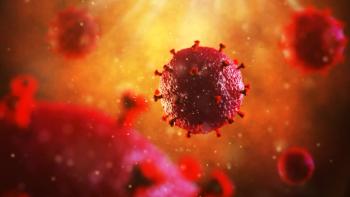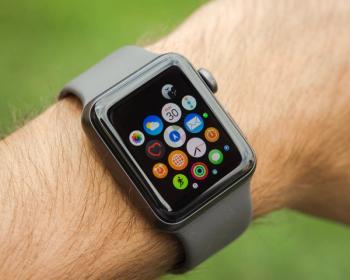
News

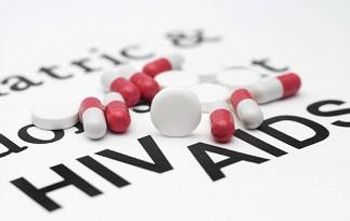
Investigators found these populations are younger and are living at or below poverty were at lower adherence to ART.

Disagreement among health officials, politicians, and the media leads to inconsistent levels of compliance with guidelines.
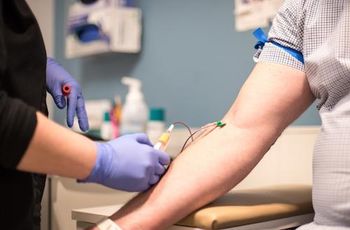
LY-CoV555 was derived from a patient with COVID-19 and developed by Eli Lilly.

The company recently announced it was in a phase 1 trial.

Data suggest New York City COVID-19 cases could have been reduced by 80% in two months if social distancing was implemented a week earlier than it was.
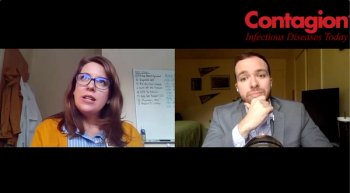
We asked a simple question to our IDWeek experts: has COVID-19 taken attention away from any greater infectious disease issues?
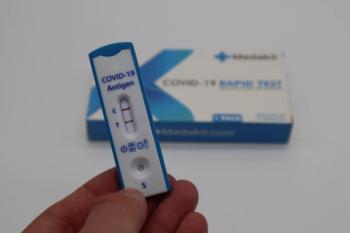
A Medicare program provided more point-of-care testing devices this summer. Yet, even hot-spot facilities are far more likely to receive results in ≥3 days than 1.

The investigational antibody used to treat President Trump shows it reduced viral load and medical visits.

Vaccination for VZV and HPV requires special consideration in immunocompromised patients. They are at risk for more severe viral illnesses if not immune, but they may also have decreased response to, and increased adverse effects from, vaccines.

A balance between antimicrobial stewardship and the search for multidrug-resistant organisms.
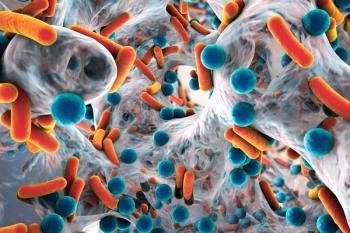
As the threat of infection with multidrug-resistant gram-negative organisms persists, new antimicrobials are a welcome addition to the armamentarium of infectious diseases clinicians.
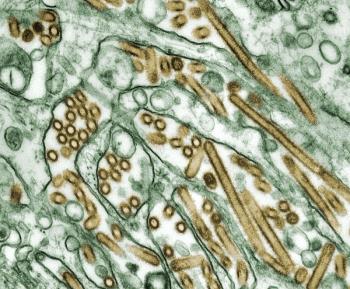
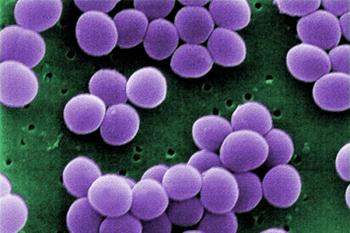

A new study shows disproportionate impact of the virus to this group.

As researchers develop ways to assess the effects of the pandemic on criminal activity, a new report documents the impact on those incarcerated.
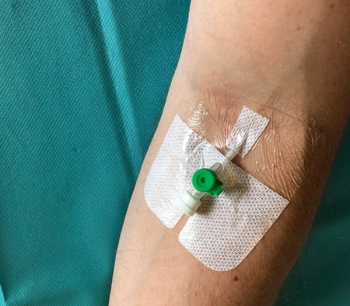
These vital cells that are recovered from COVID-19 patients might be able to help people with compromised immune systems due to cancer therapy or transplantation.
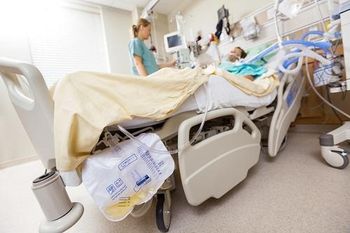
While this trial for hospitalized COVID-19 patients has been discontinued, Lilly is continuing their other trials with the medication for COVID-19 treatment.

A research team recently focused on how the pandemic intensifies the effects felt by those already marginalized or vulnerable, as it is the intersection of biological and socioecological factors.
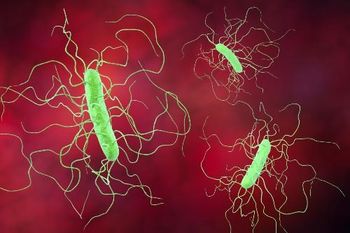
Invasive C glabrata found to be most prevalent strain of Candida in stool of patients with C difficile infection, and likely resistant to caspofungin.
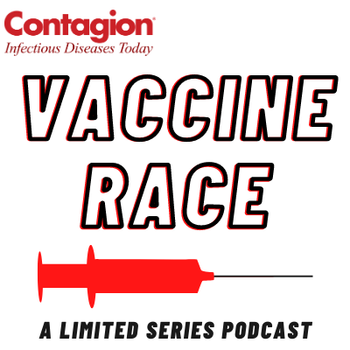
A glimpse into FDA advisor perspective just weeks before EUAs are anticipated to be sent.
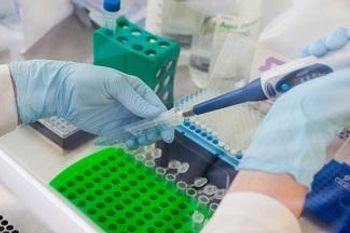
The company is planning to move forward after receiving a recommendation from the DSMB to start up the trial again.

A case study examines a treatment for a hospitalized case of the virus.
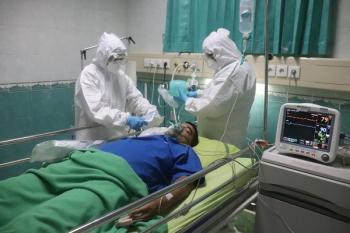
Autoantibodies that attack type 1 interferons, neutralizing the immune system’s ability to block the SARS-CoV-2 virus, were present in 10% of patients with life-threatening coronavirus diseases 2019 (COVID-19) pneumonia, a new study found.
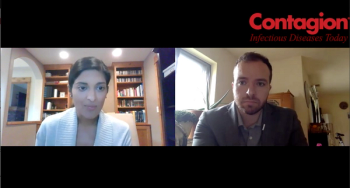
Why it may be more prudent for prescribing clinicians to assume viral, rather than bacterial, infection while awaiting test results in presenting pediatric cases.
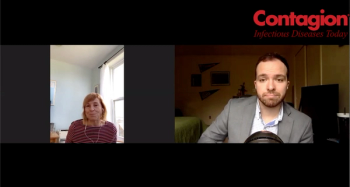
The presenting IDWeek author discusses the implication of promising phase 3 data for a new HBV vaccine.

New data may evidence oral care as a therapeutic measure to reduce bacterial and viral spread.

The hospital found just 2 cases in their first 12 weeks were borne in the facility. A study author provides insight.
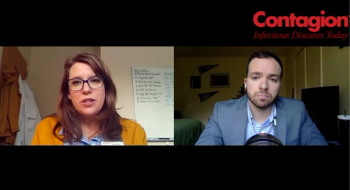
A cross-specialty collaboration to mitigate inpatient cases of opioid use disorder has had early success; developers want to grow it.

